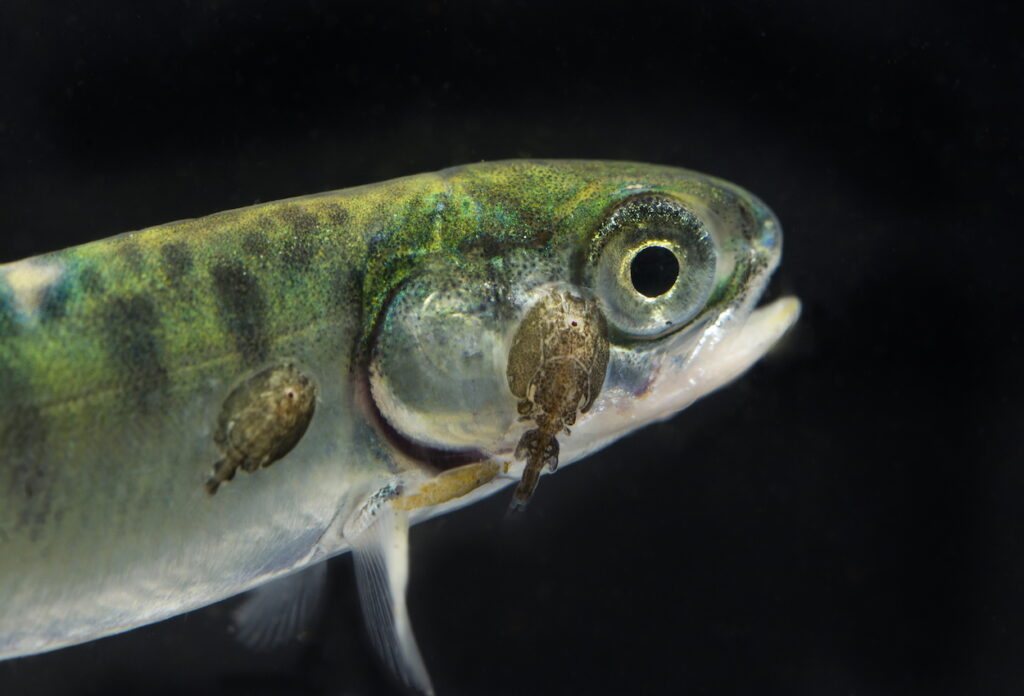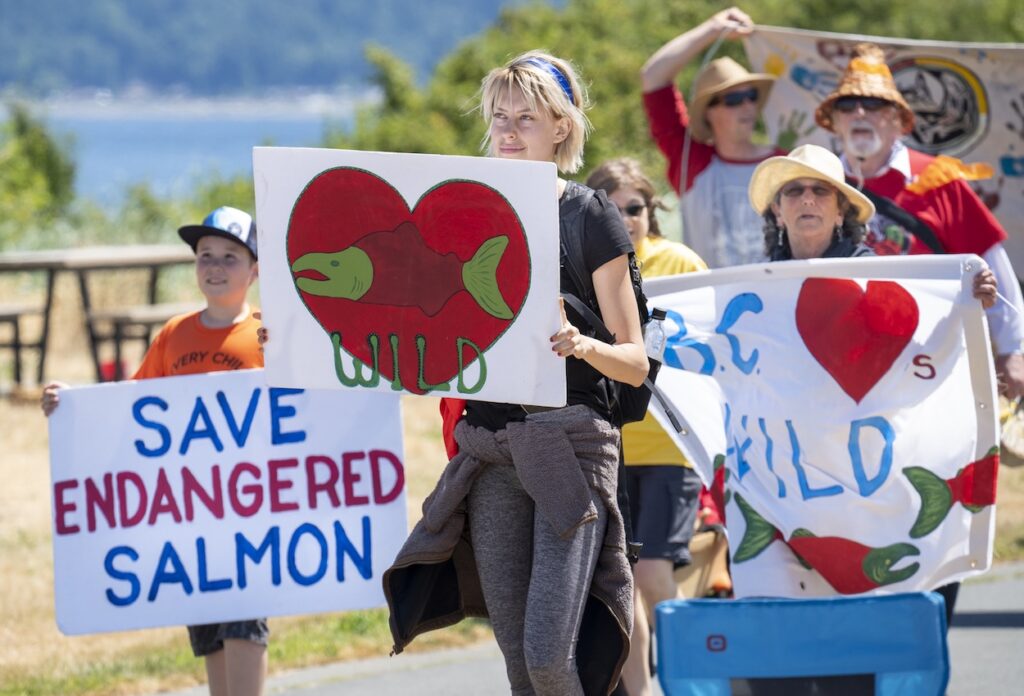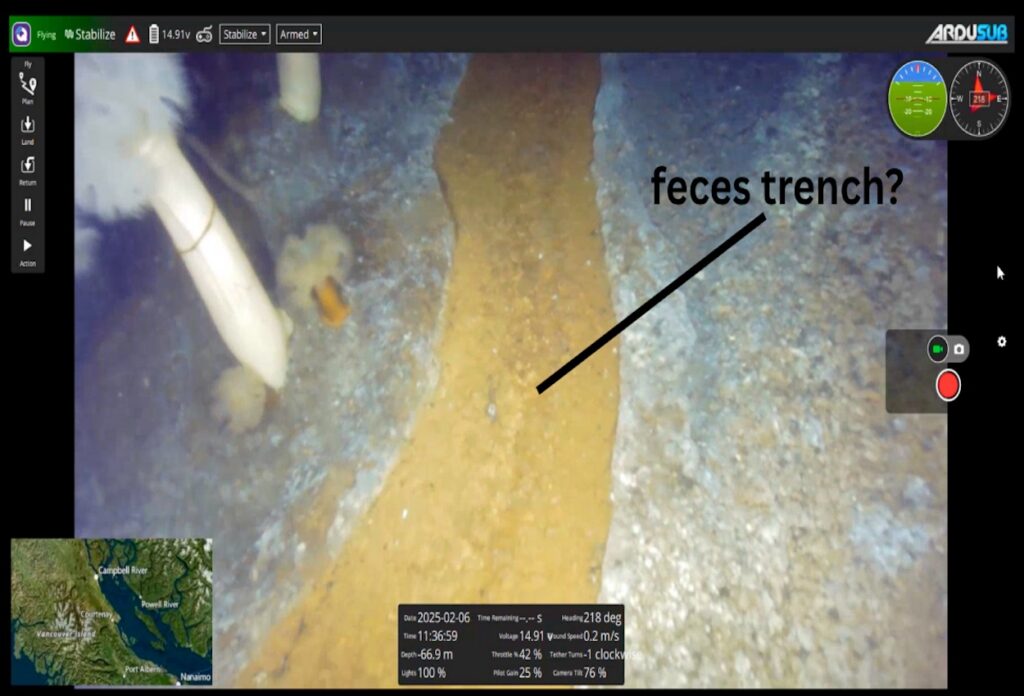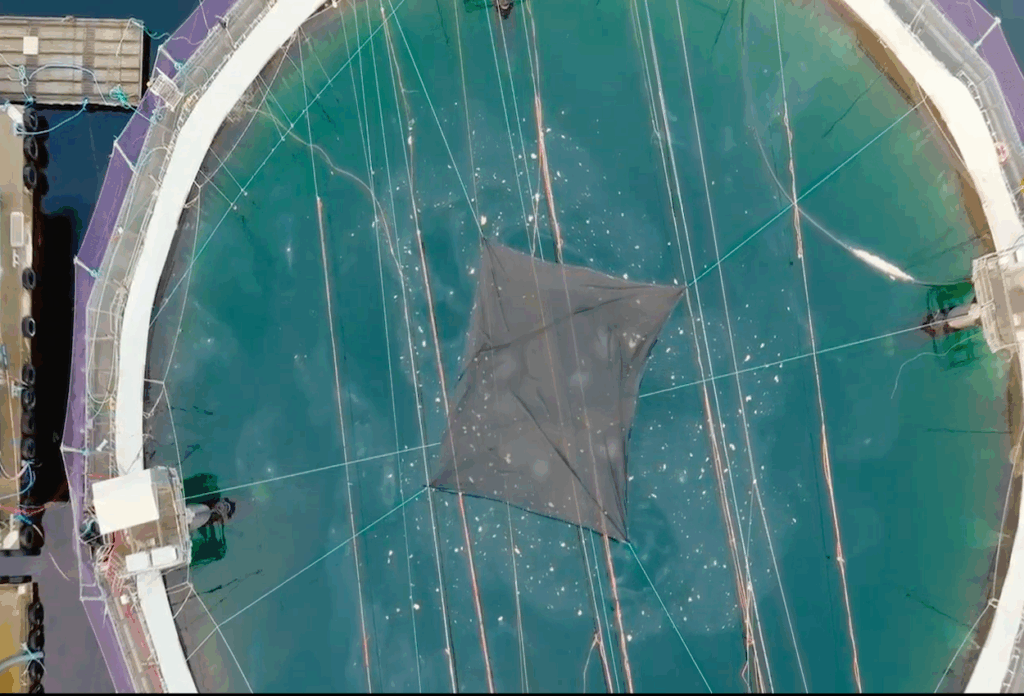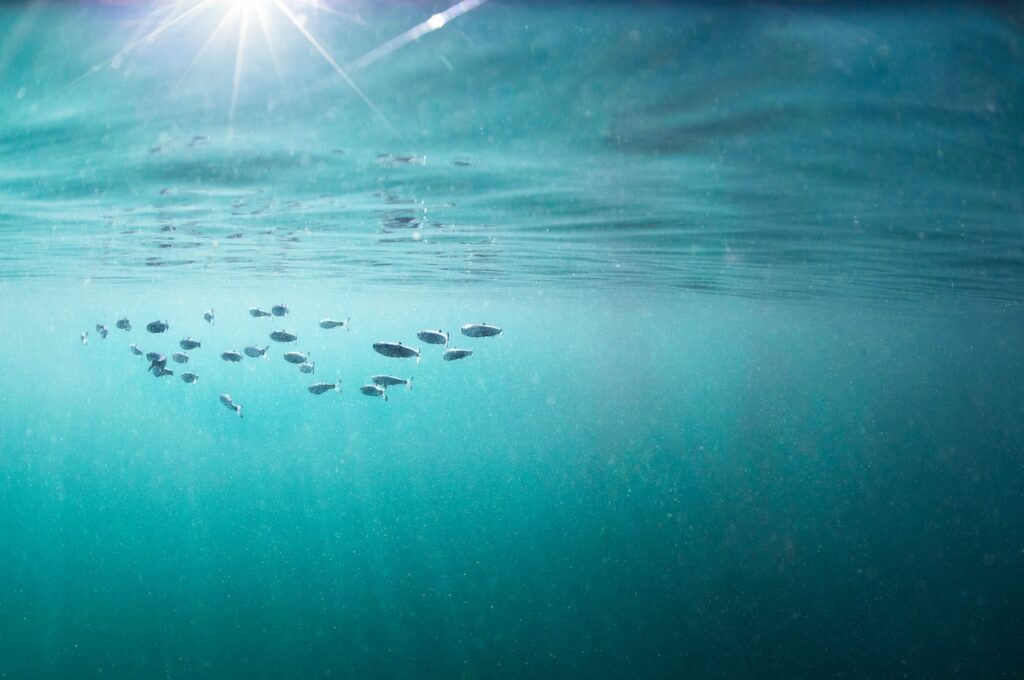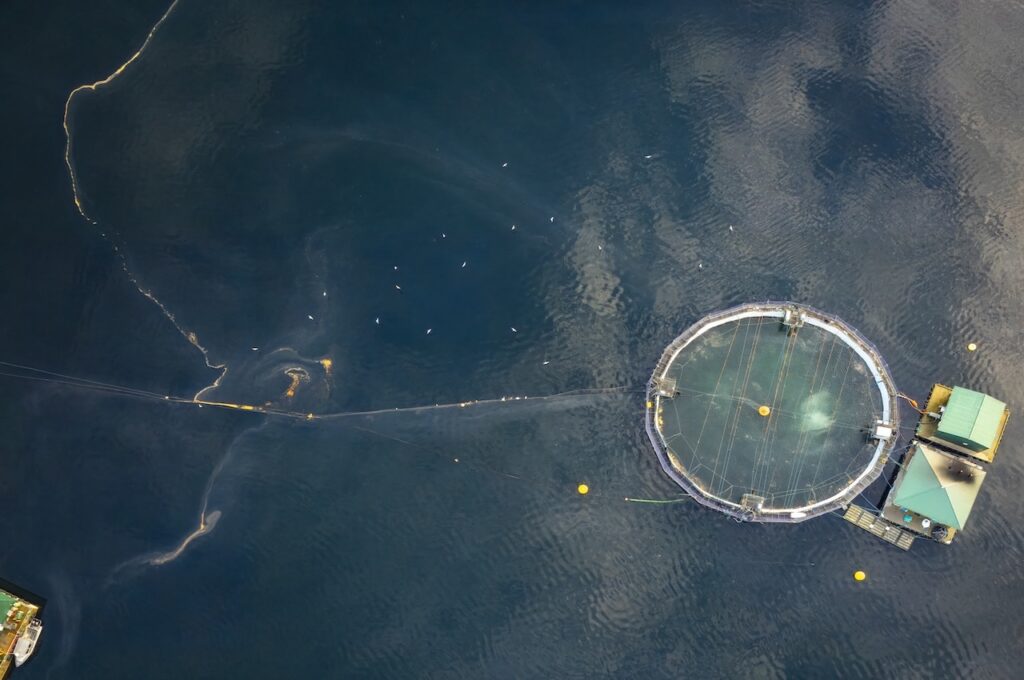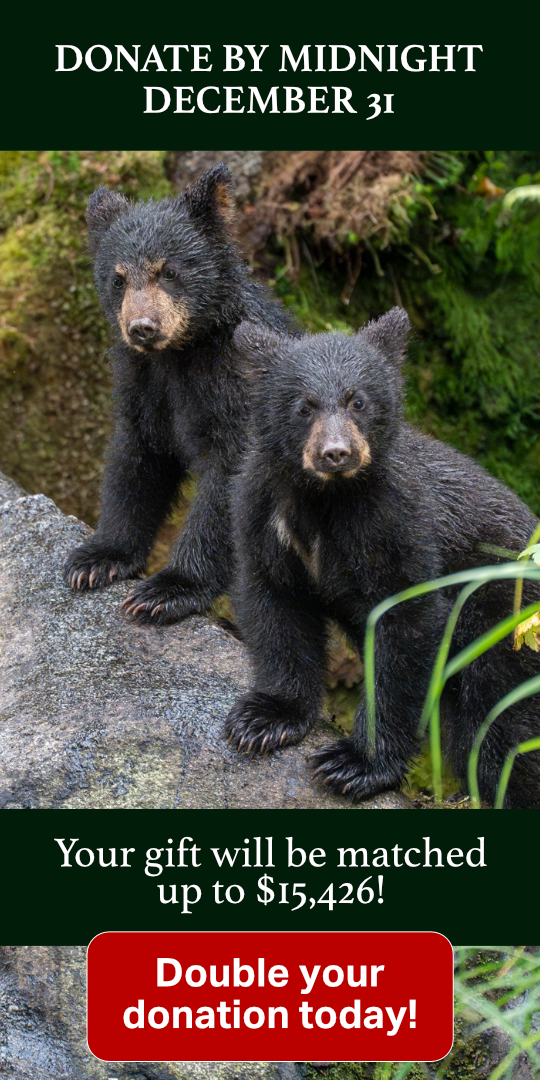Norwegian-owned Cermaq Canada conducted a marine mammal massacre at a Clayoquot Sound salmon farm last December. The federal Department of Fisheries and Oceans (DFO) recently released their Authorized Marine Mammal Control Activities data, showing that between October and December 2015, fifteen California Sea Lions were shot by Cermaq at their Binns Island salmon farm. The wildlife was threatening Cermaq’s open-net pen facility.
Binns Island is located in Herbert Arm, close to the Nuu-chah-nulth First Nations village of Ahousat, in the Clayoquot Sound UNESCO Biosphere Reserve on the west coast of Vancouver Island BC. The salmon farm in Herbert Arm is on the migration route of wild salmon from the Moyeha River, which has been protected in BC’s oldest provincial park since 1910. Salmon runs in this pristine valley are in serious decline, despite the abundance of habitat. There are currently 20 salmon farm sites in Clayoquot Sound.
The feedlot in operation at Binns Island was originally intended for installation at Yaakswiis in September 2015. That installation was blockaded by members of Ahousaht First Nations, until their leaders requested that Cermaq remove the farm, stating “As long as there are Ahousaht people alive, there will never be a salmon farm at Yaakswiis”.
According to a statement on Cermaq Canada’s website, there was a large group of sea lions in the vicinity of Binns Island when smolts intended for Yaakswiis were stocked there in November 2015. The sea lions were able to breach the farm’s predator fence and also the perimeter jump fence. In order to protect the farmed fish, on December 3 and 16 Cermaq killed 15 animals, which were then disposed of. Transient orcas frequently cruise the inlets of Clayoquot Sound, hunting for seals and sea lions.
The Binns Island site had been fallowed from 2012 through to 2015—currents in the inlet are too weak to flush away large volumes of feces and uneaten food pellets. Cermaq applied for a new Herbert Arm license in 2014, close to Binns Island. Cermaq’s Herbert application was rejected by DFO because of low current flows, which make that location inappropriate for salmon farming.
Killing marine mammals in a UNESCO Biosphere Reserve which is renowned for wildlife viewing is wrong—it’s time for Cermaq to remove their salmon farms from Clayoquot Sound. While in Norway this winter we learned that the industry there is in a state of crisis due to uncontrollable outbreaks of sea lice and disease, and escapes. The Norwegian model of open-net pen salmon farming is not working in Norway, and should never have been allowed in British Columbia.
Check out Mark Hume’s coverage of this story in the Globe and Mail.
Photo: Sander Jain Photography
Dan Lewis is Executive Director of Clayoquot Action.
